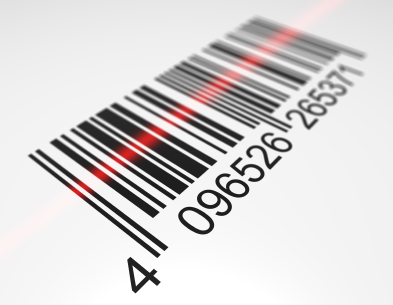| Image Source: libraryplus.co.nz |
In libraries - Barcode systems are installed in libraries in order to manage the collection of books, cut down the time needed for checking books in and out of the library, and assist the staff in sorting the texts. The labels used in libraries typically contain information about the item number, call number, copy, and volume number, in addition to ISBNs and ISSNs.
In hospitals, clinics, and pharmacies - Healthcare institutions with barcode technology find that issuing their admitted clients or patients barcoded wristbands makes it easier to keep track of treatment procedures or medicines given to the patient. Scanning these labels allows the clinician to see and add any updates to the patient's medical records. Blood samples and the like used in testing may also be tagged so that results may also be added to the patient's database. Pharmacies, meanwhile, use barcodes to identify drugs, dosages, and strengths, thereby avoiding medication errors.
| Image Source: supremeradio.com |
For property or equipment custodians - Much like how librarians use barcodes to manage the books under their care, equipment custodians can stick barcode labels on furniture, appliances, and electronics, in order to take stock of their inventories. Having barcodes on items expedites and organizes circulation, loaning, and inventory keeping, especially for larger institutions.
In manufacturing - The technology can also be applied in the production line where an item is scanned as it progresses down the assembly line, as a means of checking that a product has gone through the correct process.
| Image Source: wired.com |
Barcodes have also been used to monitor student or staff attendance, restrict access to certain areas, and as a means of tracing the location of items sent through mail organizations like USPS and logistics companies.
Speedy Barcodes is a barcode number issuing-service that delivers verified, cost-effective solution for enterprises that require UPCs in their operations. Visit SpeedyBarcodes.com for additional information.
